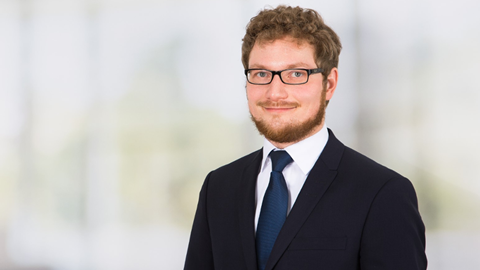Rental apartments in Germany will remain a scarce and sought-after commodity over the coming years, according to the latest report from Savills.

Transactions of German multifamily properties with at least 50 residential units stood at €1.96 bn in Q3 2022 and €9.6 bn for 9M 2022, a 54% decrease on the same period last year.
According to Savills, the low transaction activity is due to protracted negotiations between owners and investors, while the reversal in interest rate policy has forced most market participants to recalculate their investments.
The real estate consultancy also notes that the market data continues to support long-term engagement in German residential property.
Karsten Nemecek, managing director of corporate finance – valuation for Savills Germany said: ‘The increased costs of debt capital and bond yields in particular have caused investors to re-position themselves and their investment strategies. While this process is ongoing, many investors are acting very conservatively. Meanwhile, for investors with a focus on consistent, long-term income streams, prospects in the residential market have improved and we could expect to see a revitalisation of the market.’
Matti Schenk, associate research Germany for Savills says: ‘The combination of rising construction and financing costs, the removal of subsidies on new builds and the lower willingness to pay on the part of investors will result in fewer housing completions. It is becoming apparent that the German government's target of building 400,000 apartments a year will be missed by a significant margin. The upward correction in population projections will result in a short-term increase in demand. Since home ownership has become unaffordable for more and more households due to rising interest rates, these households will be active in the rental market instead, resulting in secure rental income for landlords.’
Recent research from Deutsche Bank, cited by Savills, predicts that there will be almost 86 million people living in Germany by 2030.










